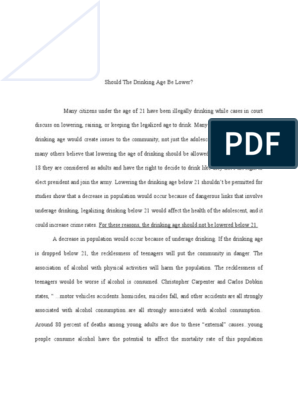0% found this document useful (0 votes)
150 views17 pagesTeaching Strategies For Young Adults
This document provides guidance for nurses counseling young adults. It discusses that young adulthood from 20-40 years old involves establishing independence through careers, homes, and potentially families, which can cause stress. Nurses should focus on teaching stress reduction, health maintenance, risk factors for diseases, and lifestyle changes to improve health. For young adults preparing for parenthood, nurses should discuss pregnancy, birth processes, parenting roles, and diet. The document also lists 10 tips for young adults regarding education and career choices, including broadening perspectives, being passionate, knowing values, developing networks and personal missions, and persisting through challenges.
Uploaded by
Katrina TinapianCopyright
© © All Rights Reserved
We take content rights seriously. If you suspect this is your content, claim it here.
Available Formats
Download as PPTX, PDF, TXT or read online on Scribd
0% found this document useful (0 votes)
150 views17 pagesTeaching Strategies For Young Adults
This document provides guidance for nurses counseling young adults. It discusses that young adulthood from 20-40 years old involves establishing independence through careers, homes, and potentially families, which can cause stress. Nurses should focus on teaching stress reduction, health maintenance, risk factors for diseases, and lifestyle changes to improve health. For young adults preparing for parenthood, nurses should discuss pregnancy, birth processes, parenting roles, and diet. The document also lists 10 tips for young adults regarding education and career choices, including broadening perspectives, being passionate, knowing values, developing networks and personal missions, and persisting through challenges.
Uploaded by
Katrina TinapianCopyright
© © All Rights Reserved
We take content rights seriously. If you suspect this is your content, claim it here.
Available Formats
Download as PPTX, PDF, TXT or read online on Scribd
/ 17








































































